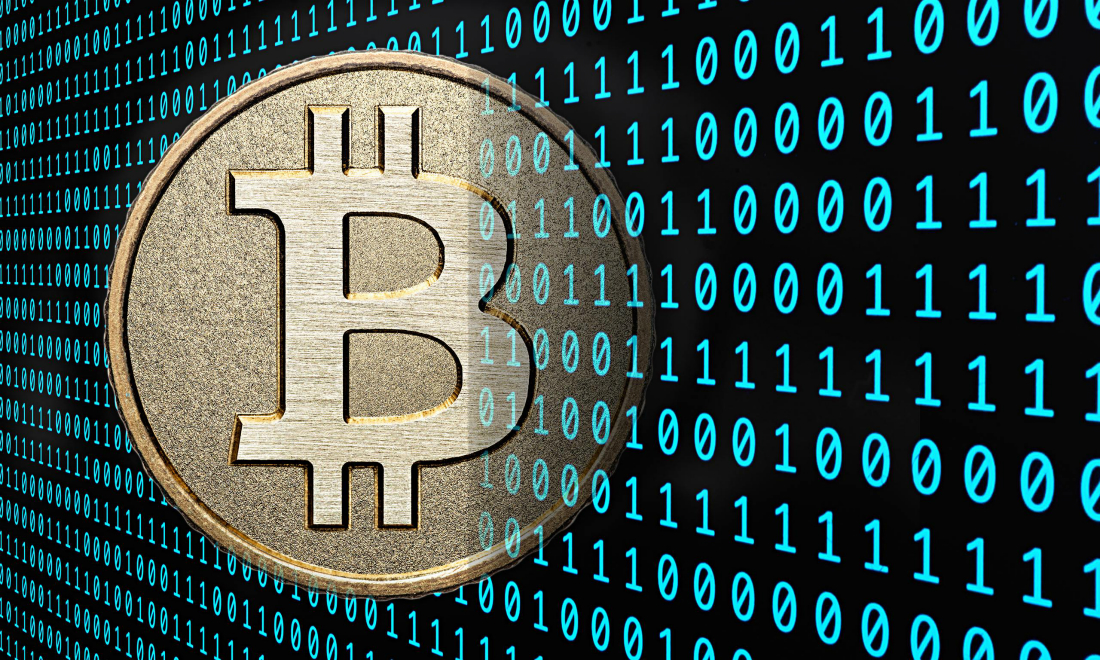Now this could lead to war for sure, but hopefully just a mining war making Bitcoin more secure, as the OCGFC use the financial system to control the world, get access to resources, force austerity on nations… A deflationary digital currency could be a problem. But interestingly, Warren Buffet once made the comment dismissing Bitcoin, as what good is it when I own it all (saw an article that his fund invested $1 billion in a Brazilian Bank with crypto swaps including Bitcoin in February). And a lot of OCGFC have used brokers to secretly acquire their large stakes instead of exchanges. The OCGFC could move to acquire as much as possible, and some is lost because people didn’t know how to manage wallets and secret keys. Of course that would drive the price up even more as it’s harder to get and transactions are in smaller amounts. Consequently, Bitcoin has supplanted gold for a lot of regular investors, and wouldn’t it be interesting if the same happened with nation states, especially when no nation state is able to exert control over Bitcoin beyond on-ramps and off-ramps.

By Ava Grace

- The Russian government is exploring the creation of a strategic Bitcoin reserve to enhance the country’s financial stability amid economic sanctions and global financial unpredictability.
- Russia argues a Bitcoin reserve is immune to international sanctions and offers an alternative to traditional currency reserves that are subject to inflation and geopolitical pressures.
- Russia’s leadership has shown increasing openness toward cryptocurrencies. The country has legalized Bitcoin mining and cryptocurrency usage, and is experimenting with cross-border crypto payments.
- The proposal comes with risks, including Bitcoin’s price volatility and the decentralized nature of the cryptocurrency, which limits government control.
- If realized, Russia’s Bitcoin reserve could signal a shift away from traditional financial systems towards a decentralized future, potentially influencing other countries to consider incorporating cryptocurrencies into their financial strategies.
In a move that could reshape the global financial landscape, Russia is considering creating a strategic Bitcoin reserve.
The proposal was put forward by State Duma Deputy Anton Tkachev of the opposition New People party. This initiative aims to bolster Russia’s financial stability in the face of an increasingly hostile economic environment, particularly in light of international sanctions.
Tkachev has submitted a proposal to Russian Minister of Finance Anton Siluanov proposing the creation of a national Bitcoin reserve that acts similarly to other traditional currency reserves. Tkachev argues that traditional reserves, such as the dollar, euro and yuan, are subject to inflation and the whims of international sanctions.
Bitcoin, on the other hand, is a decentralized, digital currency that operates outside the control of any single nation, offering a new and independent alternative. (Related: Plunder capitalism: Is the Bitcoin strategic reserve trial balloon the next step in the great American land grab?)
Kremlin’s interest in Bitcoin has been growing amid sanctions
The Russian government’s interest in Bitcoin is not new. In recent years, Russia has shown increasing openness toward cryptocurrencies.
President Vladimir Putin, who once expressed skepticism about Bitcoin, now views it as an “unstoppable technology” with significant potential. Last year, Putin even signed a law that legalizes Bitcoin mining and the use of cryptocurrencies within the country.
The Central Bank of Russia is already experimenting with cross-border payments in cryptocurrencies, reflecting a growing interest in blockchain-based financial systems. A strategic Bitcoin reserve would build on this trend, allowing Russia to participate more fully in the global cryptocurrency economy.
By including Bitcoin in its reserves, Russia can diversify its economic portfolio and reduce its dependence on traditional financial systems. This move could position Russia as a leader in the emerging blockchain economy.
However, the proposal also comes with risks. Bitcoin’s price can be highly volatile, and its decentralized nature means that no government or central bank can control its value. For a country like Russia, which has a history of financial instability, the idea of relying on a cryptocurrency known for its volatility might seem counterintuitive.
If Russia proceeds with its plan to create a strategic Bitcoin reserve, the implications could be far-reaching. For Russia, it could be a bold step towards financial independence and stability. For the global economy, it could signal a shift away from traditional financial systems and towards a more decentralized, blockchain-based future.
However, this move also risks drawing attention from international bodies like the International Monetary Fund and the World Bank, which may view it as a challenge to the existing global financial order. Russia’s experiment with Bitcoin reserves could set a precedent that others may follow, potentially reshaping the way countries manage their finances.